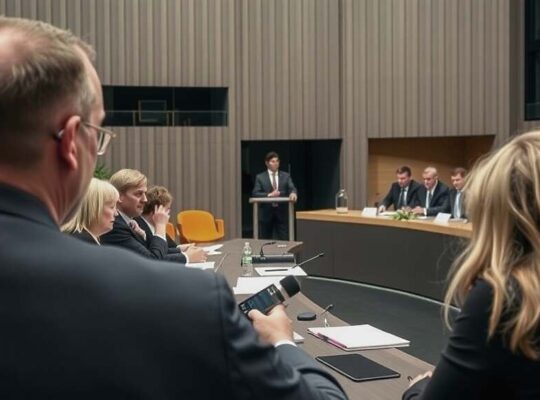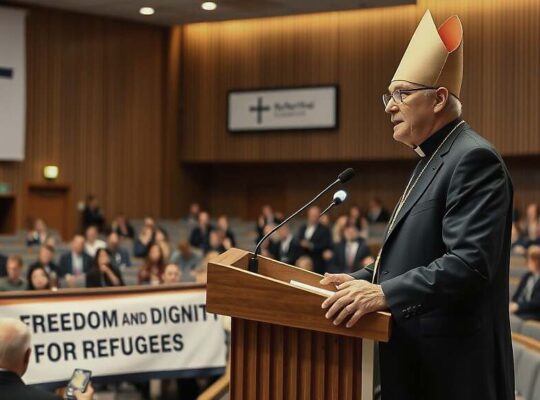The Social Democratic Party (SPD) faction within the Bundestag is poised to introduce a counselling service for parliamentarians and their staff grappling with escalating online harassment, according to an announcement made by SPD faction leader Matthias Miersch. The move reflects growing concern within the party regarding the corrosive impact of social media on the political landscape and the well-being of those involved.
Miersch, speaking to Bavarian media outlets, emphasized that the nature of the attacks has fundamentally altered, rendering them impossible to ignore. He highlighted a responsibility to safeguard the mental health of employees, mandating team rotations to prevent individuals from bearing the brunt of the unrelenting negativity. This initiative suggests a recognition that the existing support structures are inadequate to address the scale and intensity of the problem.
Beyond the immediate provision of counselling, Miersch delivered a broader critique of social media’s influence on German society. He characterized a troubling trend where polarization eclipses positive outcomes and where conflict is prioritized over constructive solutions. This observation raises questions about the long-term viability of parliamentary processes in a digital sphere that systematically rewards extremism and marginalizes compromise. He argued that the erosion of a societal value placed on compromise poses a direct threat to the functioning of representative democracy.
The SPD’s planned counselling program and Miersch’s public lamentations are likely to spark wider debate regarding the responsibilities of social media platforms, the need for increased media literacy and the potential for legislative intervention to mitigate the detrimental effects of online aggression on political actors. Critics may argue that this response prioritizes the protection of politicians over addressing the underlying societal grievances fueling the animosity, while proponents will frame it as a necessary step to ensure the continued ability of elected officials to perform their duties effectively and without fear of relentless personal attacks. The move also underscores a potential shift in political strategy, recognizing the inescapable need to engage with and adapt to, the realities of a digitally-driven and increasingly polarized public discourse.












